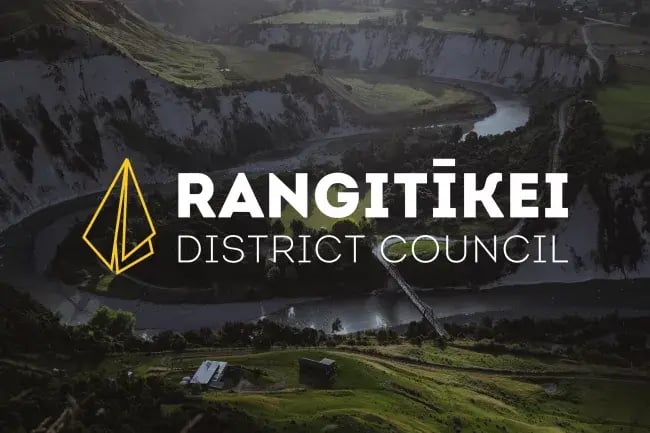How Rangitīkei built a culture of continuous feedback, moving from survey fatigue to 70% staff participation

Company
Rangitīkei District Council
Sector
Local Government
When Rangitīkei District Council set out to strengthen engagement across its small but dedicated workforce, it wasn’t just looking for a new survey tool. It wanted a better way to listen, act, and build trust.
Through its partnership with AskYourTeam, the Council has transformed feedback from a once-a-year exercise into a continuous, leader-driven process, creating a culture of open communication, measurable action, and genuine engagement where every voice counts.
Creating space for change
When Sharon Bennett, Manager People and Culture joined Rangitīkei District Council in 2020, she and Christin Ritchie Senior People and Culture Partner saw an opportunity to modernise how the organisation connected with its people.
Traditional engagement surveys were long and infrequent, taking up to an hour to complete and generating feedback that was difficult to act on. Staff participation lagged, and meaningful insights were hard to extract.
“For many, it felt like a box-ticking exercise,” recalls Christin. “People wanted to give input, but the process just wasn’t working for them.”
Sharon and Christin decided to start fresh, with a simpler, more consistent approach that would make feedback easier to give and easier to use.
A smarter way to listen
Partnering with AskYourTeam, the Council implemented Korero Mai (Employee Voice), a solution designed to deliver real-time insight through short, targeted pulse surveys.
Instead of lengthy annual questionnaires, Rangitīkei District Council now runs quarterly pulse surveys, combining five core engagement questions with a rotating set of themed topics (Safety & Wellbeing, Culture and Values, Performance, Learning and Development, Internal Processes and Communication).
“We ask the same five engagement questions every quarter,” says Sharon. “Each survey then focuses on a different theme, like wellbeing or communication, and we repeat that cycle every year.”
Surveys now take just a few minutes to complete, but the insights are deeper and more actionable. Results are easy to interpret and share, enabling leaders to make timely, informed decisions that reflect what matters most to staff.
Turning feedback into action
One of the most significant shifts came after the surveys were complete. With AskYourTeam’s intuitive platform, leaders are provided with team results quickly, ensuring transparency and accountability.
Every quarter, Council leadership reviews results, identifies key themes, and reports back to staff on what changes have been implemented since the last survey.
“Our leadership team made it a priority to act on feedback,” says Sharon. “When we updated staff, we always included what we’d done as a result of their input. That consistency really built trust.”
Participation now sits at around 70% each quarter, with engagement scores consistently in the 80s. Staff see that their feedback drives change, and leaders use those insights to guide conversations, refine processes, and shape future priorities.
Embedding feedback in everyday work
To make feedback truly inclusive, the Council ensured that field staff had access to digital devices (laptops / phones) so everyone could contribute.
But perhaps the biggest change was cultural. HR evolved from managing surveys to facilitating continuous improvement, partnering with leaders to interpret data, prioritise action, and link insights to outcomes across the organisation.
“The value of the People and Culture function has really grown,” says Sharon. “We’re now seen as strategic partners who help deliver the best possible employment experience for our staff.”
Lasting results
Since adopting AskYourTeam’s Employee Voice (Korero Mai), feedback has become an integral part of how Rangitīkei District Council works and leads.
- Engagement scores for questions now sit consistently in the 80s
- Participation holds steady at around 70% each quarter
- Feedback has shaped initiatives such as flexible working and enhanced safety measures for lone workers
Quarterly trend analysis now helps leaders spot emerging issues early, enabling proactive decisions and continuous improvement.
“For us, feedback isn’t an event anymore,” Sharon reflects. “It’s just how we work.”
Christin agrees: “Feedback is a gift. Even the tough feedback helps us improve, and that means better outcomes for our people and our community.”
From insight into impact
Rangitīkei District Council’s journey shows that even small councils can achieve big impact when they make listening part of leadership.
With AskYourTeam’s Employee Voice, the Council has created a sustainable, transparent feedback loop, turning insight into action and embedding trust at the heart of its culture.



